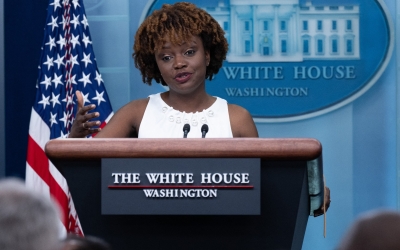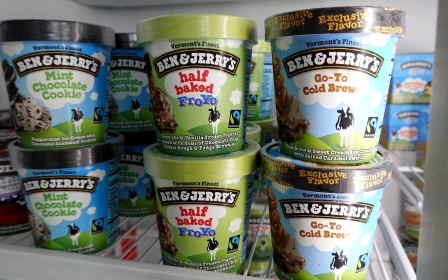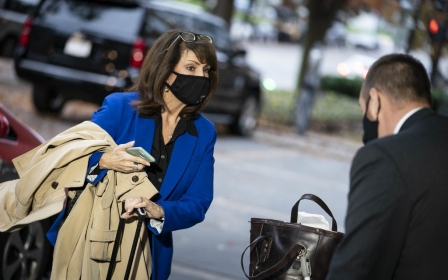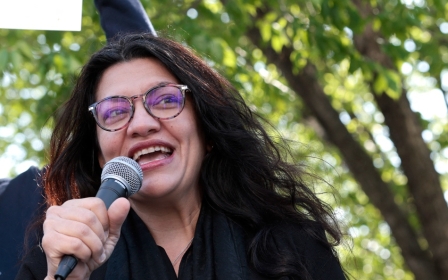US Democrats call out AIPAC, pro-Israel groups during primary election cycle
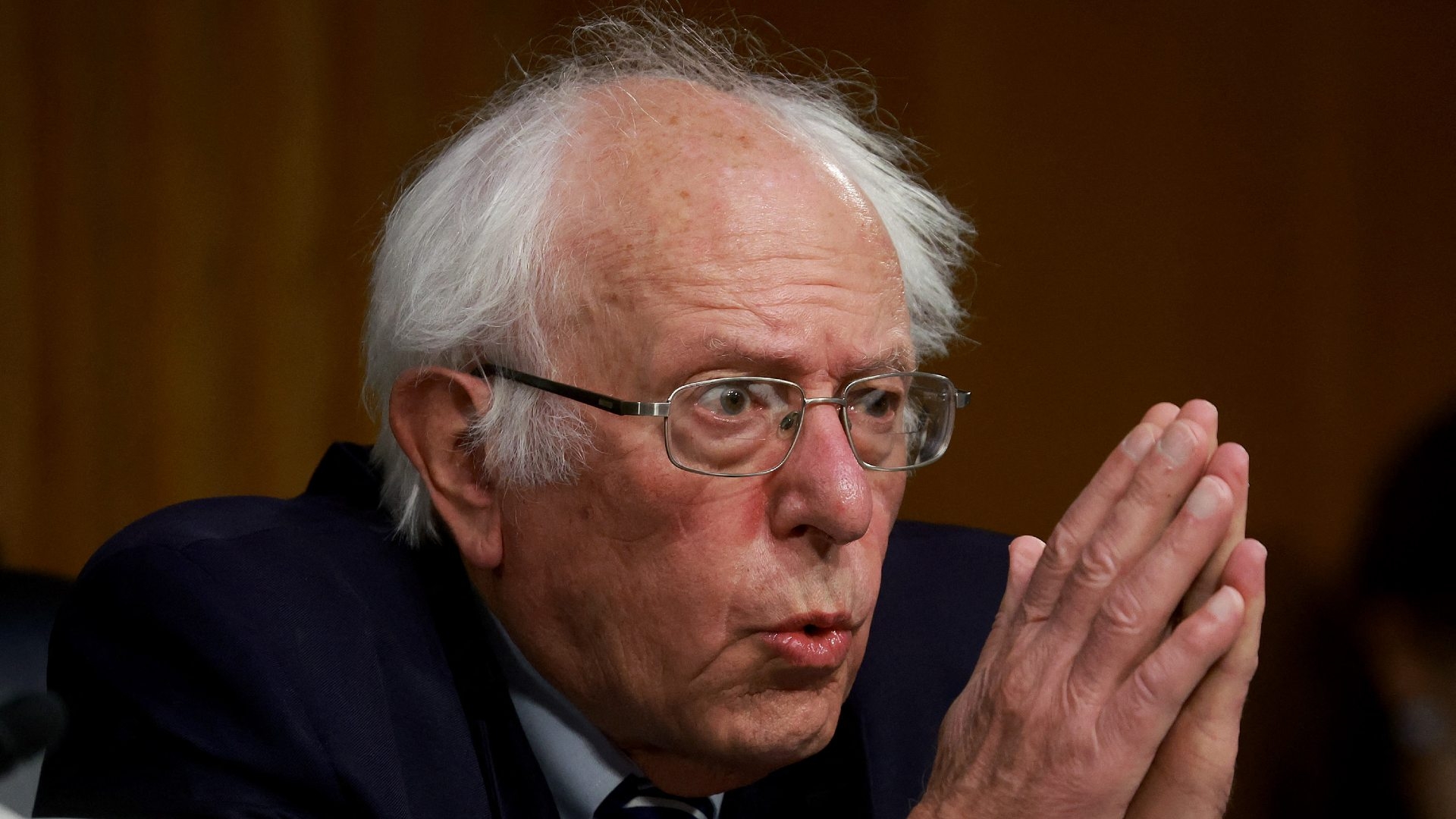
Several prominent Democrats in US Congress have come out this week and rebuked AIPAC and pro-Israel groups for pouring millions of dollars into this year's primary elections against progressive candidates and incumbents, in favour of staunchly pro-Israel politicians.
While in previous years AIPAC enjoyed bipartisan support from Democrats and Republicans alike, it has recently begun to sour ties with some members of the Democratic Party after launching a Super PAC, the United Democracy Project (UDP), that has been spending heavily against progressives and has been funded by major Republican mega-donors.
Congressman Mark Pocan, a member of the House Progressive Caucus, warned on Tuesday to "proceed with great caution on AIPAC's endorsements. The candidates should renounce these efforts to be credible".
Senator Bernie Sanders, a leading progressive voice, former presidential candidate, and critic of AIPAC, attacked the group in his latest endorsement for Congressman Andy Levin, who is currently facing a primary challenge from Haley Stevens.
Stevens has received more than $270,000 from pro-Israel groups, according to OpenSecrets.
"The right-wing-funded super PAC run by AIPAC has found its newest progressive target in Congressman Andy Levin," Sanders said in a statement.
"Once again, these extremists are pouring millions of dollars into a congressional race to try to ensure the Democratic Party advances the agenda of powerful corporations and the billionaire class."
AIPAC launched the UDP in December, alongside the AIPAC PAC, giving the group the ability to donate to political campaigns.
Pro-Israel groups have spent millions so far in this year's primary election cycle, and have helped a number of moderate Democrats achieve victory over their progressive opponents who are more critical of Israel.
So far, the UDP has spent almost $12m in seven primary races this year, according to a tally by Haaretz.
This week, Congresswoman Marie Newman, one of the most vocal pro-Palestinian voices in US Congress, lost her primary election race to Sean Casten. Democratic Majority for Israel endorsed Casten, and its Super PAC spent more than $540,000 to support him against Newman.
Meanwhile, AIPAC has also endorsed more than 100 of the 147 Republican lawmakers that voted against certifying President Joe Biden's election victory over Donald Trump.
Middle East Eye reached out to AIPAC and UDP for comment but did not receive a response by the time of publication.
NYC Mayor Bill de Blasio no longer supports AIPAC
Even moderate and pro-Israel Democrats have taken to lambaste AIPAC and the UDP for funding negative campaign ads against their fellow party members.
Former New York City Mayor Bill de Blasio, who in 2014 delivered a private and staunchly pro-Israel speech to the group, said last week that he was no longer going to support AIPAC.
"They have changed in a way that is unacceptable to me because they have attacked people I believe in," said de Blasio, who is now running for an open seat in New York’s redrawn 10th Congressional District.
The former mayor was referencing Nina Turner, a progressive candidate who last year lost a primary campaign against Shontel Brown. The pro-Israel PAC Democratic Majority for Israel and AIPAC's UDP had spent around $1.5m on television ads to support Brown's campaign.
House Speaker Nancy Pelosi has been a longtime attendee of the pro-Israel group's annual conference in Washington and has also supported the same candidates that AIPAC has.
However, after the AIPAC-aligned UDP launched an ad campaign against former congresswoman Donna Edwards in a Maryland primary battle, Pelosi stepped in to defend Edwards.
"Donna fought hard for Prince George’s County - for jobs and investments in her community, to help constituents in need and to deliver results," Pelosi said in a video.
Middle East Eye delivers independent and unrivalled coverage and analysis of the Middle East, North Africa and beyond. To learn more about republishing this content and the associated fees, please fill out this form. More about MEE can be found here.


